Twelve lessons from the book banners
How they are using political power to undermine public institutions
Annie Gowen of the Washington Post published an in-depth report about a what is happening to libraries in Llano County, Texas: “The culture wars next frontier: Public libraries.” It’s a great piece, and I urge you to read it in its entirety. As a professor of public management, one who is increasingly concerned about threats to our democracy, I drew 12 lessons from the story.
While the example is perhaps extreme, many of the patterns in the Llano case apply to other examples of efforts to ban books, and censor topics in public education. Some of these patterns fit with what I’ve described elsewhere as a long-term project by conservatives to use political power to delegitimate, deconstruct and control public institutions.
By articulating these lessons, I hope to make them more legible to others.
This is how the story begins:
The "pornographic" books included Ta-Nehisi Coates "Between the World and Me" which takes the form of a letter written to his child. Later, Judge Cunningham would personally go to a library to remove Maurice Sendak’s “In the Night Kitchen” for its nudity. I’ve read this book to my kids many times. It’s fine, unless you think the image below is pornographic.
He then ordered librarians to remove “any books with photos of naked or sexual conduct regardless if they are animated or actual photos.”
Lesson #1: The book banners are zealots pretending to be reasonable
There is no reasonable interpretation that supports the claim that such books are pornographic. If you are afraid of cartoon images of the human body (see also the board of education that banned “Maus” because some mice characters were nude), or books that describe what its like to grow up Black in America, thats a different set of hang-ups.
Lesson #2: The purpose is political control and deconstruction of public institutions; the mission of those institutions is deemed secondary
Wallace, the church volunteer with an excel spreadsheet of 60 books to ban, would become the vice-chair of a newly constituted library board — “some of whom did not even have library cards.” This fits with patterns we’ve seen in attacks on public schools. While it has been presented as a movement of parents, some of those parents don’t use public schools, or are not parents at all. Many are activists closely tied to Republican parties or conservative groups. In other words, this is a group where many are not motivated by concern about their kids, or their direct experiences, but about imposing their ideological worldview on public institutions.
Lesson #3: The book banners are not actually interested in diversity of thought even as it’s an argument they will use in other settings
One of the points of libraries is to be able to go to a space where you can find ideas that might not be available at your home. In other words, a core function of libraries is intellectual diversity. The idea of intellectual diversity is one that we have heard a lot about of late, premised on the notion that educational institutions are not representative enough of conservative ideas. But in this case, the book banners are not seeking intellectual diversity, but eroding it. Mary Woodward, the president-elect of the Texas Library Association spells it out:
The danger is that we start to have information and books that only address one viewpoint that are okayed by just one certain group. We lose that diversity of thought and diversity of ideas libraries are known for — and only represent one viewpoint that is the loudest.
Lesson #4: Well-funded national organizations are backing book-banning
While there is certainly a strong local element to the book bans, it is not purely grass-roots, but rather supported by national organizations. In this, it resembles the Tea Party movement. The Post piece points out that the advocacy arm of the Heritage Foundation, is arguably the most influential conservative think-tank in the Trump era, is helping local activists.
Heritage has gone all-in on stoking moral panics around schools, including making wild claims, such as the idea that that CRT was responsible for the Parkland shooting). The goal, as spelled out here, is use culture war politics to undermine public schools so that public money is redirected to private institutions.
But the push against school libraries doesn’t stop at school libraries. As Llano, it is being extended to public libraries now.
Lesson #5: Some public officials respond preemptively to the rising tide of censoriousness
As the local political environment becomes more censorious, local officials will respond preemptively, removing materials even before they are told to do so. In the Llano case, the director of the main county library quickly removed some books based on complaints, including two funny read-aloud books aimed at kids which acknowledge that humans have body parts and bodily functions: “I Need a New Butt!” and “Freddie the Farting Snowman.” (If you have heard of “I Need a New Butt” it might be because an Assistant Principal in Mississippi was fired for reading it to second graders last month).
Before you judge the librarian too harshly, consider the context. Library board members were writing things like: “God has been so good to us … please continue to pray for the librarians and that their eyes would be open to the truth. They are closing the library for 3 days which are to be entirely devoted to removing books that contain pornographic content.”
Lesson #6: The goal is to replace transparent democratic processes and professional judgment with activist veto power
The Llano librarian responded to informal and unvetted claims via a non-transparent process that resulted in age-appropriate books being banned from the library. “We didn’t fill out a form, everyone just came in and talked to me personally. I took notes on everything that everybody was saying, and that’s how it happened.” There was no opportunity for other residents to challenge the process or outcome. As Gowen points out:
The moves circumvented the library’s established practices on objectionable content — including a challenge form to be reviewed by librarians. Isolating or removing books because of subjective or personal opinions — finding the content offensive or distasteful, for example — could open up a library to a First Amendment challenge, experts said.
Lesson 7: Books relating to race are disproportionately purged
The Llano libraries were closed to remove “pornographic” books over the Christmas. What books were removed is unclear, but “Caste: The Origins of Our Discontents” by Pulitzer Prize-winning author Isabel Wilkersnon disappeared. “Caste” was on Wallace’s original list of “pornographic filth” along with other books relating to race, such as "Separate is Never Equal", "A Good Kind of Trouble” and "How to be an Antiracist."
An effort to catalogue the books that are disappearing from schools by Pen America finds that books with Black characters or about race were disproportionately represented.
There is, again, no reasonable interpretation of “pornography” that would include such books. But it is perhaps less discomforting to censor such books via an obvious lie than acknowledge the truth that people in power in these communities don’t want to talk about race in America.
Lesson #8: They don’t care about the damage they are doing to public institutions and services people value and depend on
Libraries provide more than physical books of course. So what to do about electronic books? Library commissioners suspended the county’s e-book system: “because, they said, it lacked sufficient parental controls, which also cut off access to the elderly, people with disabilities or those otherwise unable to visit a physical library.” The collateral damage on these other populations was viewed as simply the price of censorship. The Board later found an alternative e-book system, but clients complained it was less accessible than the one replaced.
Lesson 9: This worldview is not just about religion or ideology. It also includes conspiracies about hidden forces trying to corrupt our children
One local resident grew vocal about the lack of transparency with the changes at the libraries. Still, she supported its mission, and even ran a Beatrix Potter-themed library fundraiser with a petting zoo for kids.
Wallace, the board Vice-President and wife of the town’s hospital board president, “hosted an “adults only” showing of a video of pedophile chasers. It was held at a hall next door to the park at the same time as the garden party.”
As I’ve written elsewhere, conspiracy theories about a vast cabal of elites engaged in sexual abuse of children is increasingly a feature of conservative politics, and used as a cudgel to attack public institutions. In this case, it allows people engaging in irrational and anti-democratic acts to reassure themselves that they are in the right, and the people they disagree with are monsters.
Lesson 10: Professional qualifications are devalued, diversity of representation is a fig leaf used to justify hegemonic control
A central theme of the anti-CRT movement or transparency movements in school is to reduce the influence of professionals, or those who value of the mission of the organization. An so, the Llano library board was dissolved, removing members from Friends of the Library groups and the Women’s Culture Club, and replacing them with political appointees, including those had complained about books. One candidate, a Democrat, who had a Masters degree library science, was rejected. Judge Cunningham justified the new board as allowing for “citizen participation from different perspectives.” But “the all-female board is overwhelmingly White and Republican.”
Lesson 11: Once they have asserted hegemonic control, they will abandon the previously-touted values of transparency and community input. Thus, a public institution becomes less public, the tax-supported fiefdom of one political party
The new library board was sort of like the dog that caught the car. They were now in charge of the public institution they had attacked. And it turns out that they did not like the public part very much, as least as it related to transparency. They voted to close library board meetings from the public. The whole separation of church-and-state thing was also not to their taste, as they reportedly frequently prayed for guidance at meetings, seeking to run a public institution consistent with Christian values.
Lesson 12: Dedicated public employees who take unglamorous and poorly-paying jobs because they believe in the mission will be forced out. The quality of public services will decline.
Some resisted the book bans. Suzette Baker, head of a regional library, wrote in an email to her boss: “I don’t think we should give in. If we give them even an inch, they will think they can do whatever they want.” Her resistance drew claims of “insubordination,” “creating a disturbance” and “allowing personal opinions to interfere with job duties and procedures.”
She was fired.
She is an example of public officials who have been forced out for doing their jobs. They will be replaced by people who either support censorship, or those who are willing to go along with it. Most of this has happened in the domain of public education, but we should also be worried about other policy areas that have been targeted for partisan takeover, such election administration.
We often think about attacks on democracy in terms of election outcomes. But public administration is democracy in action. We can’t keep watching our public institutions be attacked and assume that they will still meet the expectations we place on them to provide quality public services.
If you found this post useful, please check out the archive, consider subscribing if you have not done so, and share with others!




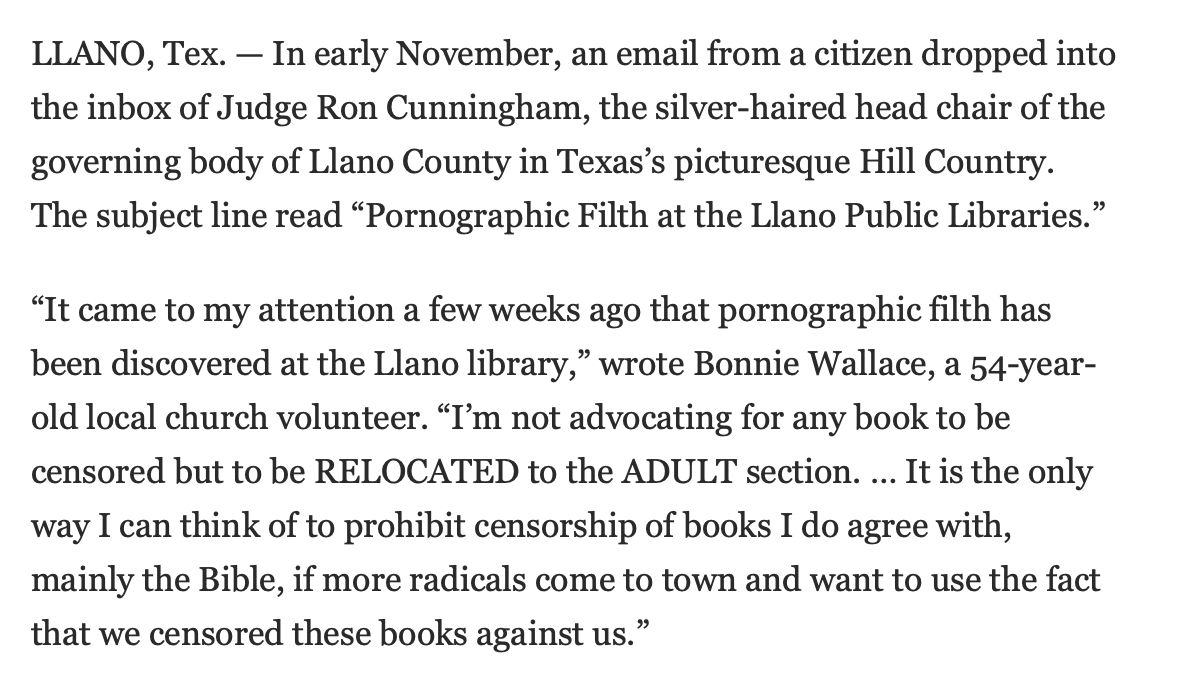
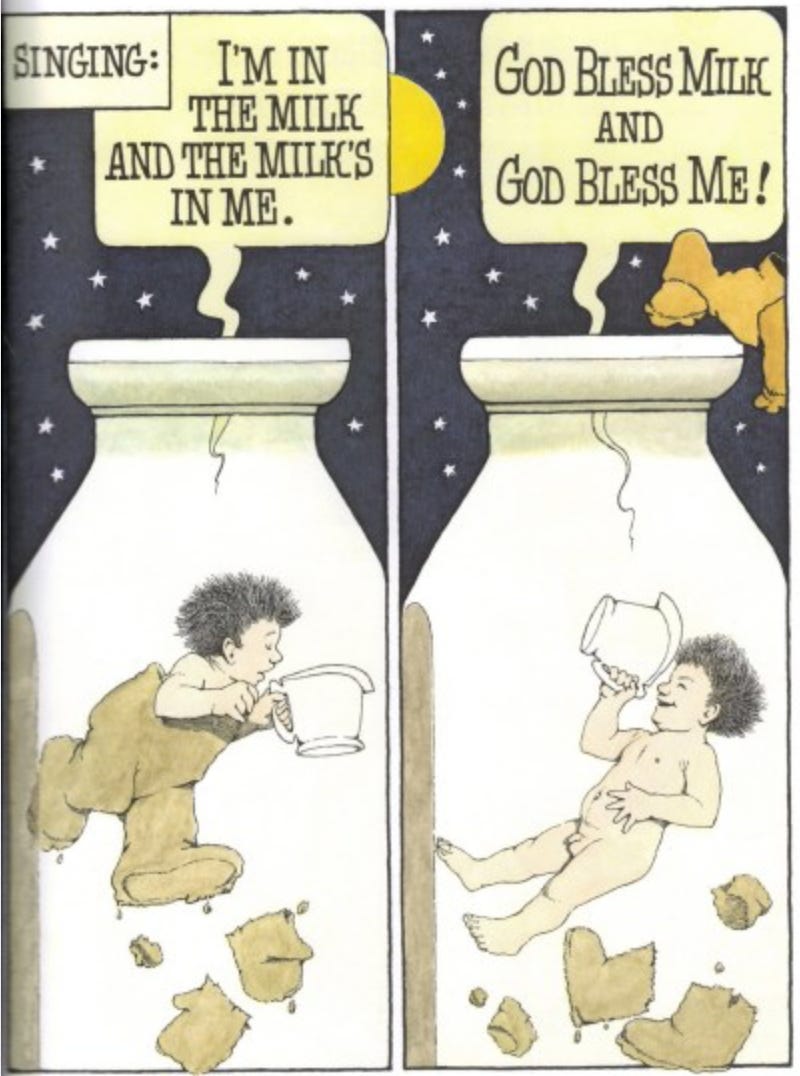
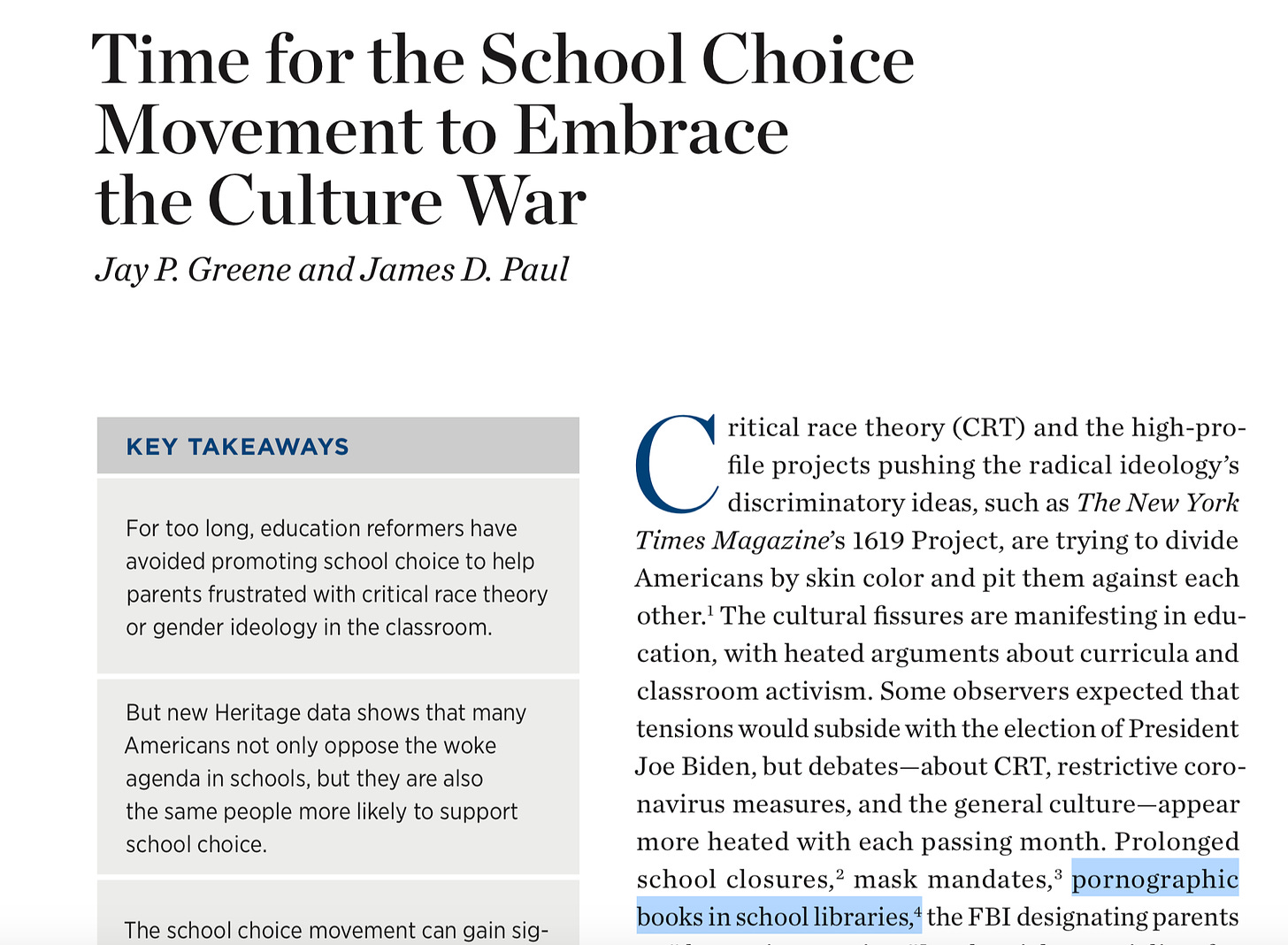
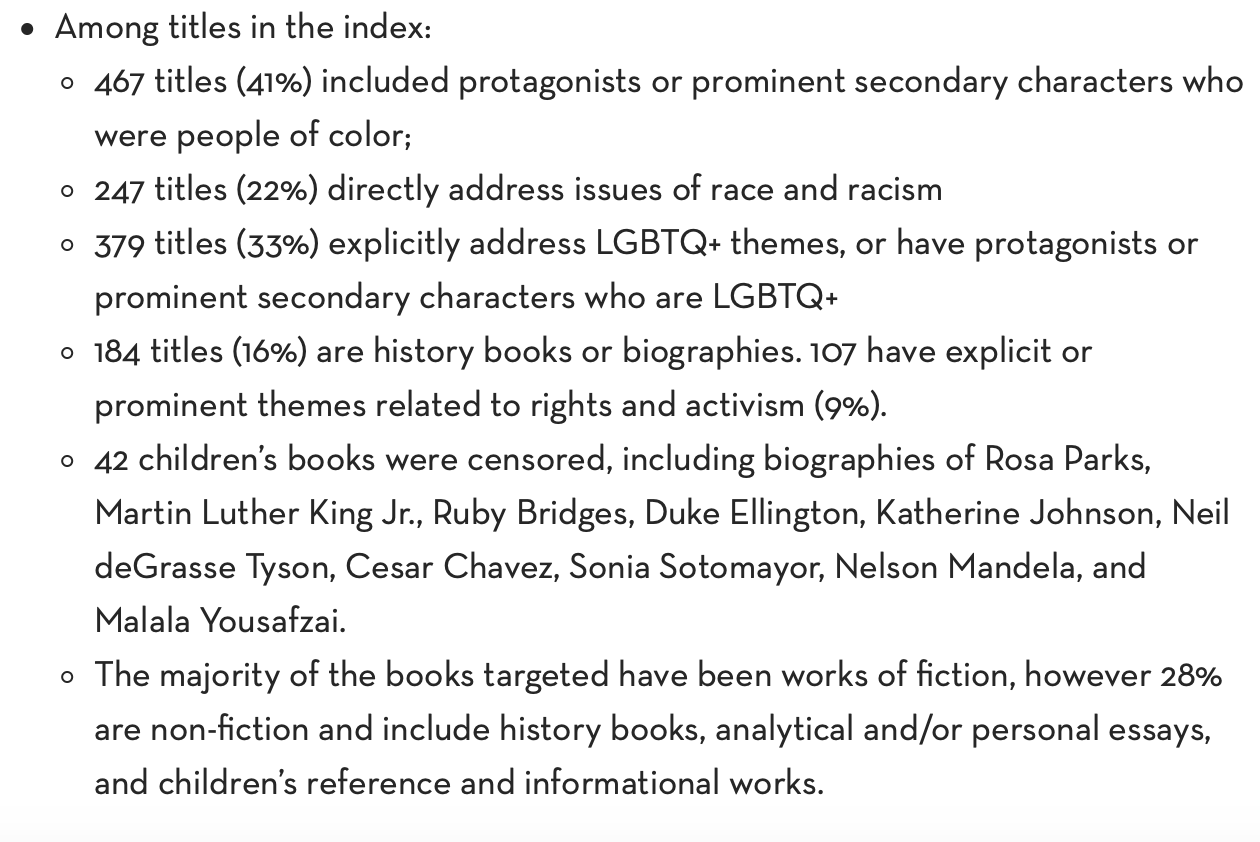
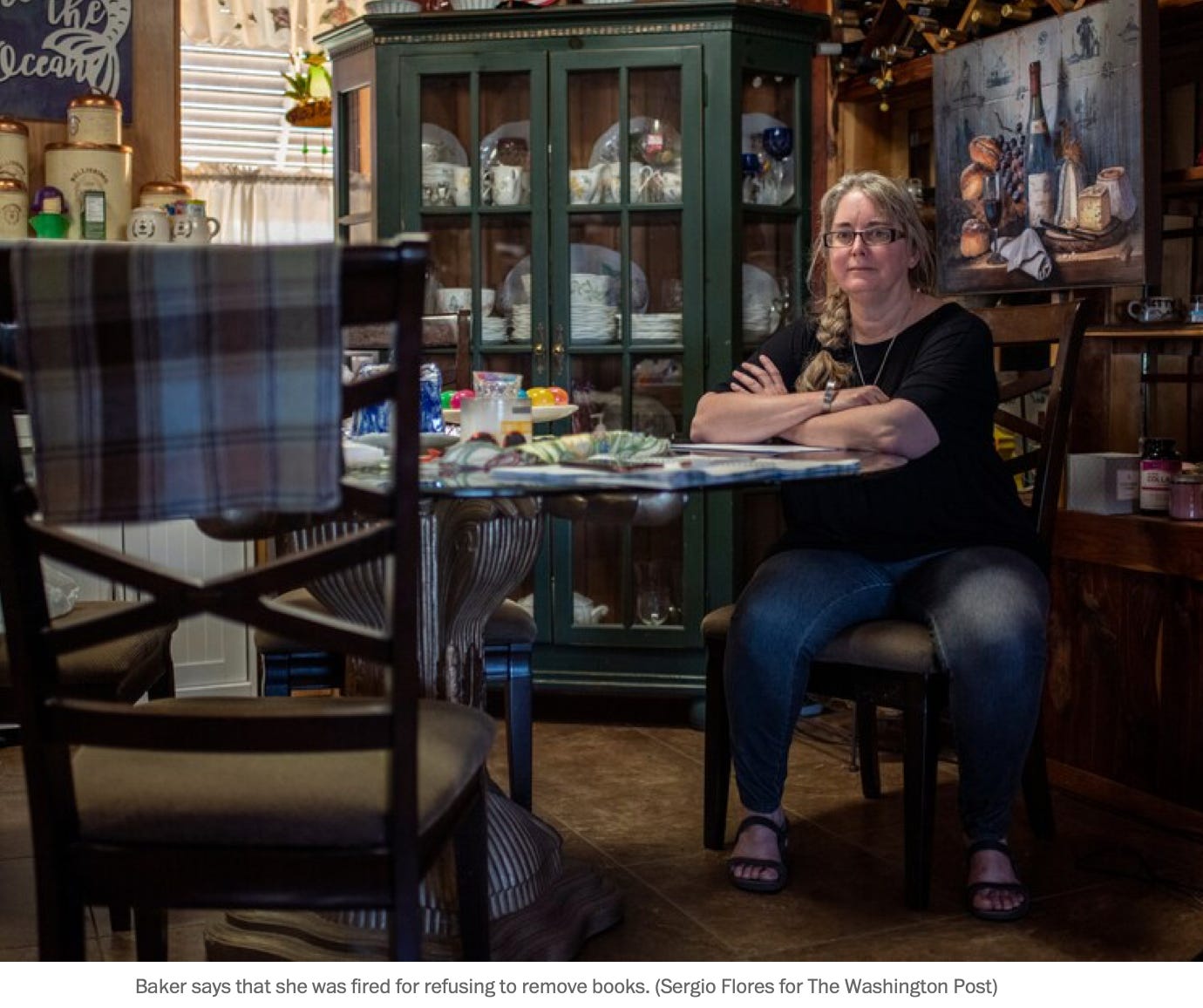
https://twitter.com/pic/media%2FFQvOhViVUAEU0mi.jpg%3Fname%3Dorig